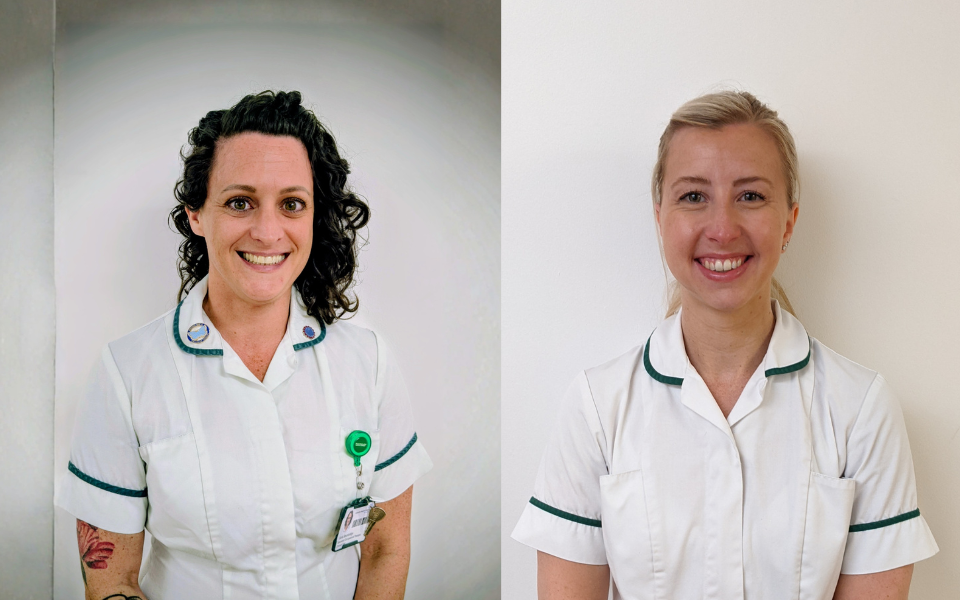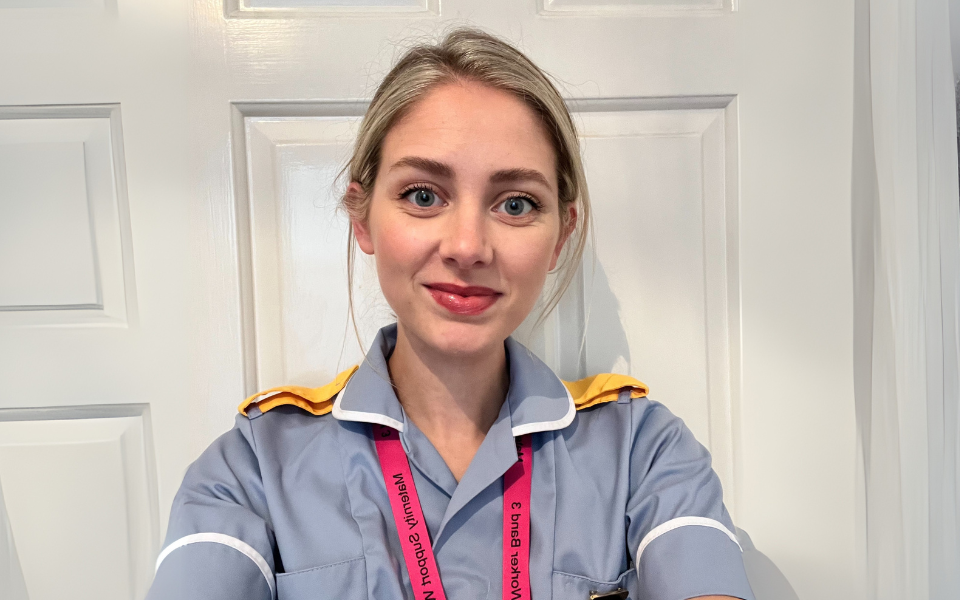
HCAs
More Than Just Tea: How Maternity Support Workers Go Beyond Expectations in Maternity Care
Bringing new life into the world is an extraordinary experience, not just for families but also for the dedicated professionals who support them every step of the way. Maternity Support Workers (MSWs) play a crucial role in ensuring that new mums and babies receive the care, guidance, and reassurance they need.
Millie, a Maternity Support Worker at UHS, shared with us the realities of her role—the rewarding moments, the tough challenges, and the deep passion that drives her to provide the best care possible.
Early Career and Motivation
What initially inspired you to pursue a career in healthcare, and how did you find your path to becoming a Maternity Support Worker ?
I’ve always been very maternal, so finding a job where my natural passions and skills could be built upon and used to help others, was just such a natural progression for me. After doing a Health and Social Care BTEC at college, I worked a few different jobs before the position as a Maternity Support Worker (MSW) at UHS came up and honestly it was perfect timing.
What did you find most valuable about the training or education you received to become a Maternity Support Worker ?
The training was mainly all on the job and very practical which I loved. I trained with a group of other soon to be MSW’s, and the community we created whilst learning and have kept going throughout our time at the Princess Anne Hospital has helped to create such a culture of support.
I’m now heading into my own maternity leave and the things I have learnt via my training, and my experience on the job have made me feel a thousand times more confident about having my own baby. Life changing really!
Are there any specific skills or certifications you think every aspiring Maternity Support Worker should pursue?
If becoming a Maternity Support Worker is something you aspire to be, I would absolutely recommend looking into a college course where you can complete a care certificate, and I would try and get the opportunity to get some work experience in the industry. (You can discover UHS’s Career Experience opportunities here)
Day-to-Day Role and Challenges:
What’s one task you do regularly that might surprise people about the role of a Maternity Support Worker?
I work primarily in the community team, providing home visits for new mums. A lot of people don’t realise the responsibility that MSW’s have and that it can be our role to offer care and support to mums and babies in the days after birth. From offering breastfeeding support to blood tests, the role is very diverse!
What’s a common misconception about Maternity Support Worker’s that you’d like to dispel?
Gone are the days where a support workers role is primarily to make tea! Tea, of course is included (and very well received after having a baby!), however we are clinically trained to take blood from babies and mums, offer feeding support and advice alongside many other medical jobs. From making beds to assisting with deliveries, there are many routes your role can take you down depending on where your skills lie.
What personal qualities or characteristics do you think are essential to thrive in this role?
To thrive as a Maternity Support Worker, its important to be able to change what you are doing at the drop of a hat. Things can change quickly in this environment, and you need to be ready to jump in and support at a seconds notice!
Having a caring attitude is paramount when dealing with the beautiful and complex needs of families before and after birth. Some days you may support by cleaning endless beds, other days you’re by someone’s side offering reassurance and supporting the midwife as a woman gives birth!
Can you share an example of a particularly rewarding day at work? What made it stand out?
There is nothing more rewarding than knowing that someone trusts your advice and that it has made a positive difference in their life. In postnatal clinics I often see mums in vulnerable states, worrying if what they are doing for their baby is enough. I’ll always remember a special patient who I helped support with a feeding plan for their baby who was losing weight. After seeing them on early on, spending time encouraging and giving tips and breastfeeding support, to then see them a few days later with a weight increase and a mum who was dramatically more at ease was wonderful to see.
Patient Care and Connection:
How do you build trust and connection with patients during challenging situations?
Listening is the best way to build trust with patients – hearing their concerns and addressing them directly builds trust and means you are able to offer them the exact type of support that will help them best.
What does compassionate care mean to you, and how do you practice it every day?
Compassionate care often means putting the needs of others before yourself. It means seeing someone's pain and feeling moved to help them. Even as the NHS meets ongoing challenges it is the compassionate care from the healthcare workers that truly keeps the service going. Always stepping up to do more where you can.
Professional Growth and Team Dynamics:
How has working as a Maternity Support Worker helped you uncover new skills, talents or strengths you didn’t know you had?
I never needed to perform under emotional pressure before having this job, but now I am very aware of how well I can be both empathetic whilst also staying strong and professional to best support patients in some of the most vulnerable times of their lives.
How has this job challenged you to grow personally or professionally?
Being part of a team is so important when working in this job – feeling connection and supporting each other makes such a difference to how the service can run, and I’ve learnt just how important every single cog within the hospital is important to be able to offer our patients the best care possible.
I’ve always been friendly, but I’ve been challenged to build connections anywhere I can so that all of us can work better as a team and feel part of something bigger.
How does working with a multidisciplinary team enhance your role and the care you provide?
This job shows you how vital every role is within the hospital. There is no job that isn’t important, and every person is part of a bigger picture in giving great patient care.
Working alongside doctors, midwives, cleaners, porters, and admin staff and having good communication and relationships with them all makes every single one of you realise what a difference we can all make together and that we all need each other.
Advice and Future Outlook:
If you could give one piece of advice to someone on their first day as a Maternity Support Worker, what would it be?
Ask as many questions as you can, ask to buddy up with someone, ask if there’s anything you can do to help! The braver you are, the quicker you learn, and the quicker you make friends. All of this brings job satisfaction and better patient care.
How would you describe the difference this role has made in your own life?
Practically I feel like I am learning so much about a pivotal service in families lives, and the potential we have to make a lasting positive difference, and personally I feel so much more equipped to raising my own family.
Working in Southampton and Work-Life Balance:
What’s your favourite thing about working in Southampton?
I love how diverse the city is and how within my community home visits I can be offering very different types of care to many different people. It helps me see the reality of the needs and successes in our city and shows a bigger picture of what more needs to be done to improve the lives of the people living here.
How do you maintain a healthy work-life balance while working in a demanding and sometimes unpredictable field?
Work life balance can be hard when you do shift work, but having people you trust both within your job and at home makes a massive difference, Talking things through is known to help you process emotions so being able to chat with the people you work with who understand, and being able to process with a support network outside of work makes a massive difference in dealing with anything you come across in your day at work.
Millie’s story is a powerful reminder of the dedication, skill, and compassion that Maternity Support Workers bring to UHS. Her journey highlights the vital role MSWs play in providing exceptional care to new mothers and babies—far beyond the outdated stereotypes. From clinical tasks to emotional support, their work is essential in shaping positive birth experiences.
If you’re inspired by Millie’s story and want to learn more about the incredible work our maternity team does, explore our website. And if you’re ready to take the next step in your own healthcare career, click here to view our current job vacancies and help UHS lead the way in maternity care.
Related Blogs
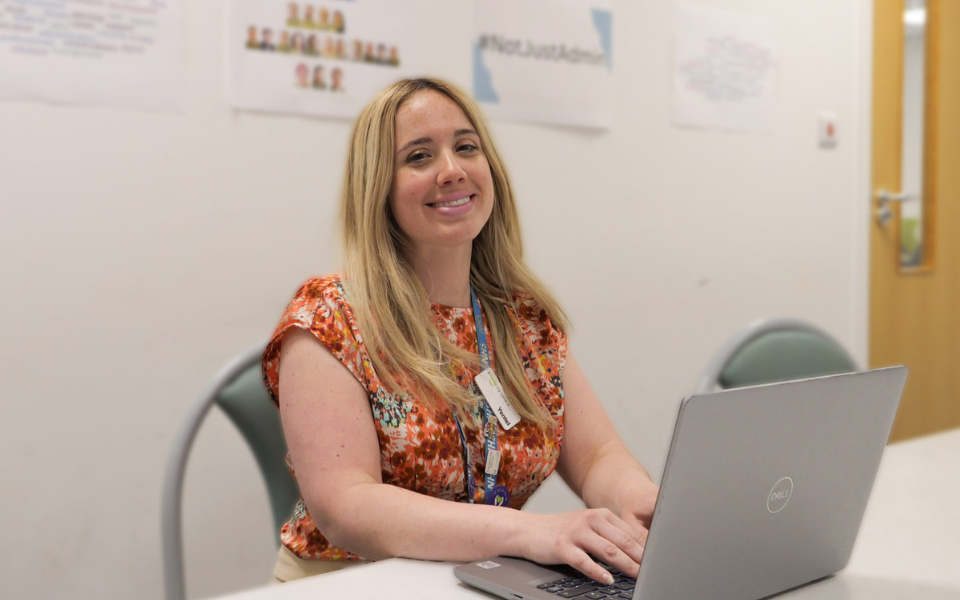
From Sports Coach to NHS Innovator: How Yentel Found Purpose at UHS
More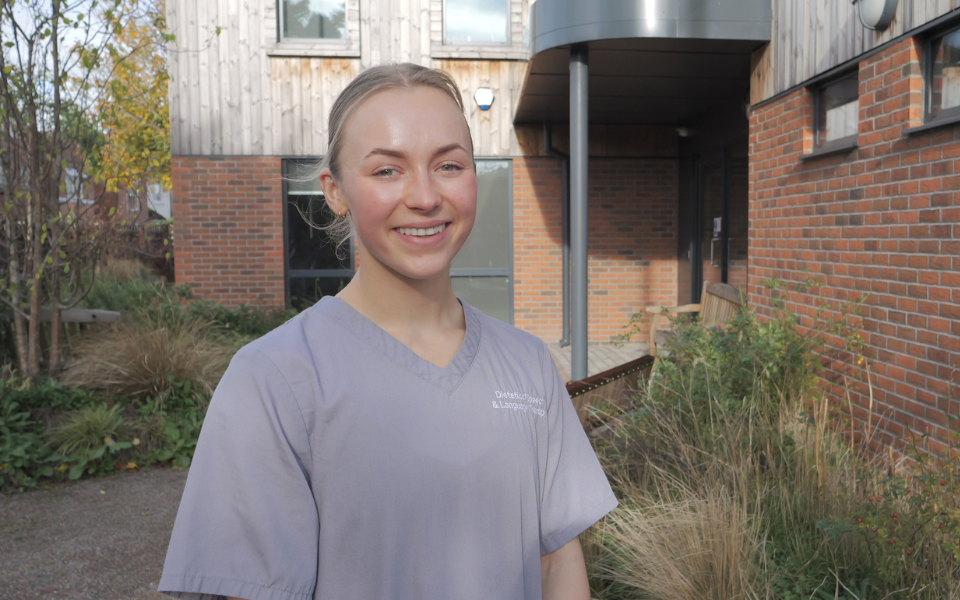
Supporting Newly Qualified Professionals: The Impact of Preceptorship at UHS – Goda’s Story
More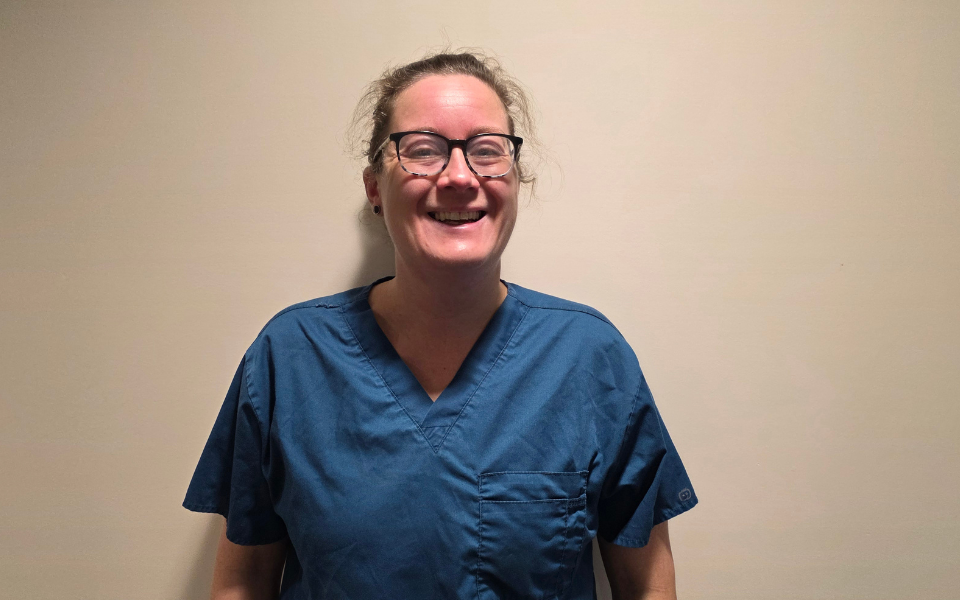
From Childhood Dream to NHS Specialist: Lizzi’s Journey in Pharmacy
More